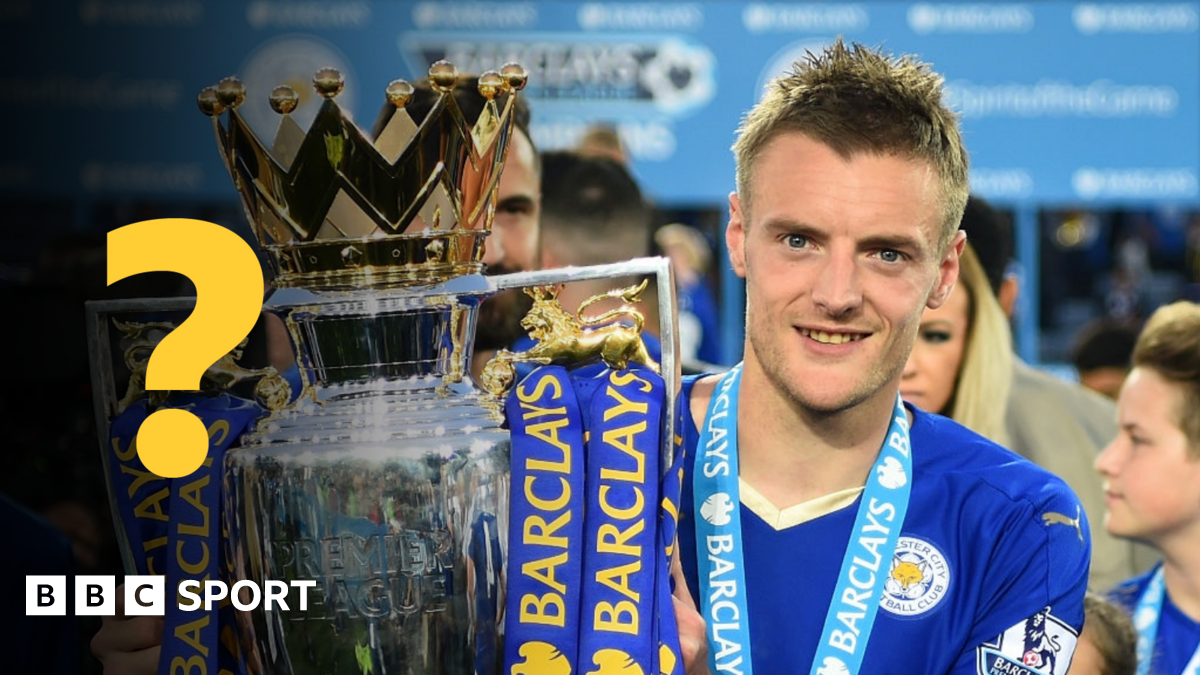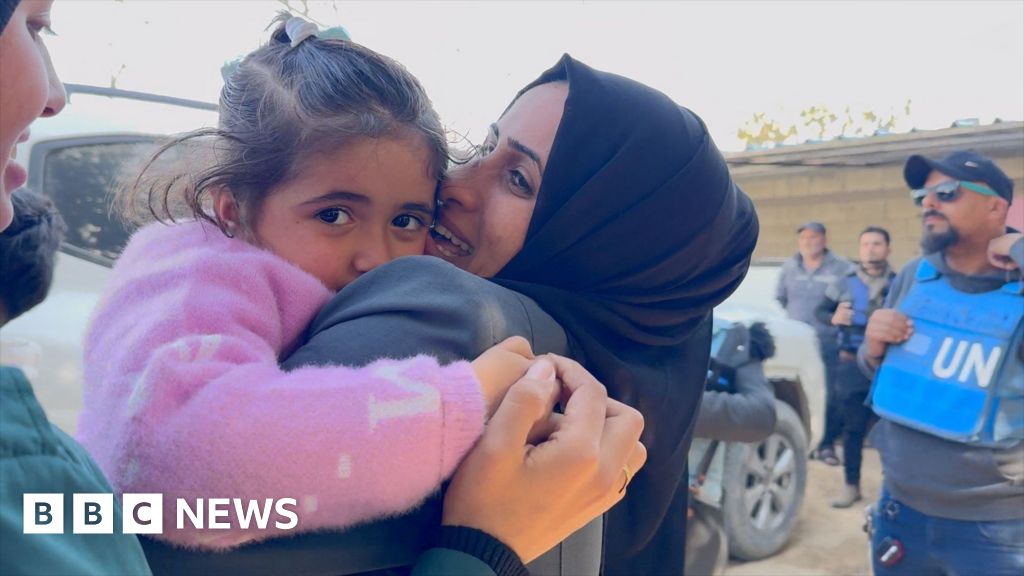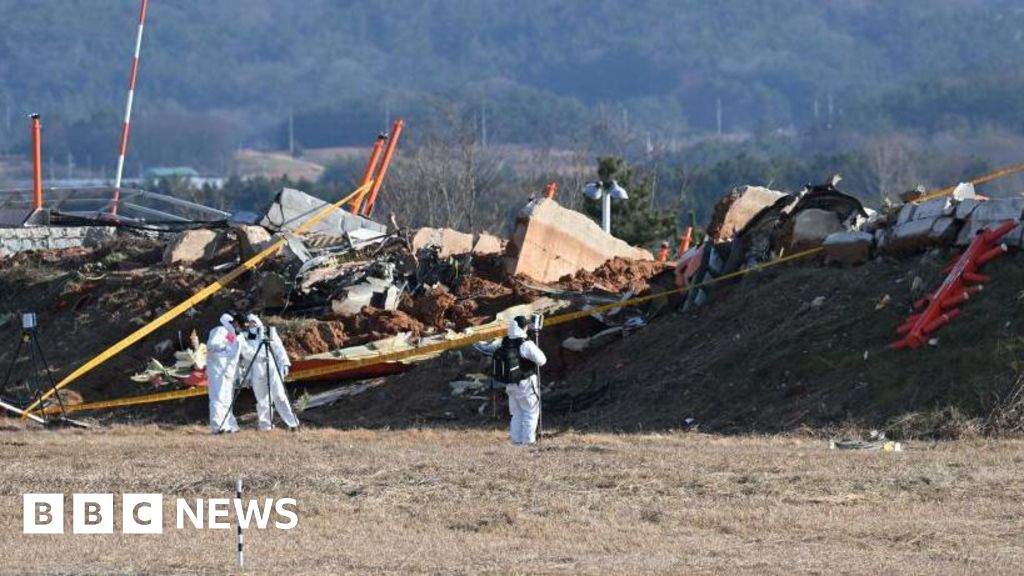India and Canada have expelled their top envoys along with other diplomats as Justin Trudeau's government accused Indian agents of involvement in "homicides, extortion and violent acts" on Canadian soil.
Canadian police said the criminal activity had particularly targeted supporters of the pro-Khalistan movement which seeks a separate homeland for Sikhs in India.
Officials said a dozen agents had been involved, but did not confirm if they were directly linked to the June 2023 murder of Sikh separatist leader Hardeep Singh Nijjar in Canada.
Delhi rejected the allegations as "preposterous".
Relations between Delhi and Ottawa have been strained since Trudeau said Canada had credible evidence linking Indian agents to Nijjar's murder.
India has accused Trudeau of pandering to Canada’s large Sikh community for political gain.
The row led to a deterioration in ties, with India asking Canada to withdraw dozens of its diplomatic staff and suspending visa services.
On Monday, a furious statement from India's foreign ministry said Canada's allegations were influenced by Sikh separatist campaigners and warned of action.
Later in the day, it announced six Canadian diplomats, including acting High Commissioner Stewart Ross Wheeler, had been asked to leave India by 19 October.
Mr Wheeler was also summoned by India's external affairs ministry to explain Canada's move.
Speaking to reporters after the meeting, Mr Wheeler said Canada had given India the evidence it had demanded, it now needed to investigate the allegations.
"It is in the interests of both our countries and the peoples of our countries to get to the bottom of this," he said.
Delhi has defended its High Commissioner Sanjay Kumar Verma, referring to his "distinguished career spanning 36 years".
"The aspersions cast on him by the government of Canada are ludicrous and deserve to be treated with contempt," it said.
The Indian foreign ministry also said it was "withdrawing" its top envoy and other diplomats.
"We have no faith in the current Canadian government's commitment to ensure their security. Therefore, the government of India has decided to withdraw the High Commissioner and other targeted diplomats and officials."
On Monday, Canadian police said they had taken the unusual step of publicly disclosing information about ongoing investigation "due to significant threat to public safety in our country".
RCMP commissioner Mike Duheme told reporters at a news conference on Monday that there had been "over a dozen credible and imminent threats to life" which he said "specifically" focussed on members of the pro-Khalistan movement.
He added that the threats were sufficiently serious to warrant to RCMP's public intervention.
"We reached a point where we felt it was imperative to confront the government of India."
Hardeep Singh Nijjar was shot and killed by two masked gunmen outside a Sikh temple he led in Surrey, British Columbia.
He had been a vocal supporter of the Khalistan movement, which demands a separate Sikh homeland, and publicly campaigned for it.
India has in the past described him as a terrorist who led a militant separatist group - accusations his supporters called unfounded.
Canadian police called his killing a "targeted attack".
In September 2023, Trudeau had told Canada's parliament that allegations of Indian involvement in the killing were based on Canadian intelligence.
He called the act a violation of Canada's sovereignty.
India has vehemently denied all allegations and maintained that Canada has provided no evidence to support its claims.
Frosty ties between the two countries seemed to have thawed slightly after India resumed processing visas in October 2023.
But last week, Canadian Foreign Minister Mélanie Joly called the country's relations with India "tense" and "very difficult".
She also said there remained a threat of more killings like Nijjar's on Canadian soil.
 (1).png)
 2 months ago
10
2 months ago
10













